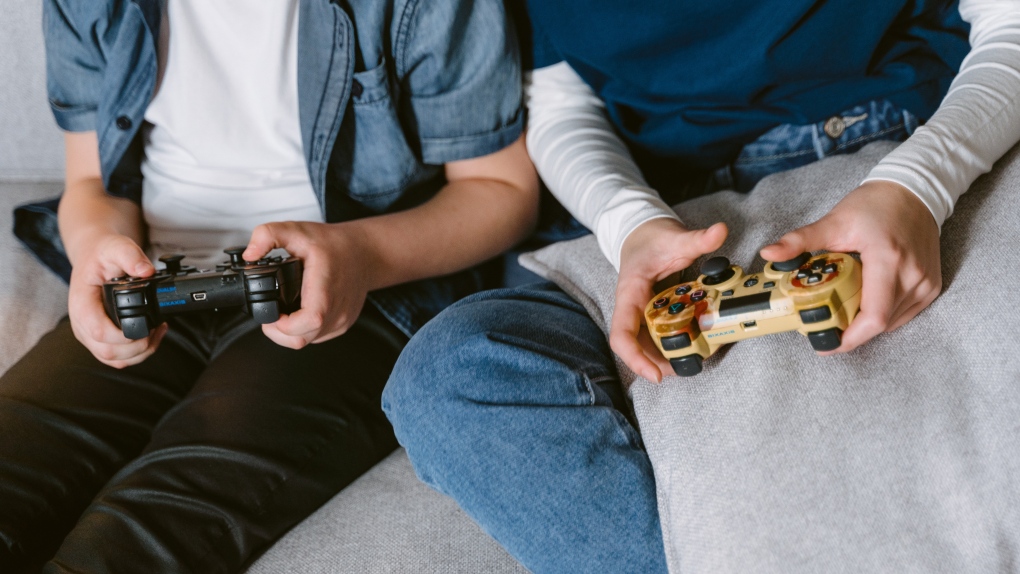It’s one of the most hot-button questions for parents in today’s world: are video games bad for my kid?
According to a small new study, the answer might be no.
New research has found that neither the frequency of daily gaming reported by pre-teen children nor the specific video game genres they chose to play had much correlation with their performance on a standardized cognitive test.
Essentially, playing video games, even for hours at a time, didn’t appear to impact their cognitive abilities.
“Our studies turned up no such links, regardless of how long the children played and what types of games they chose,” Jie Zhang, associate professor of curriculum and instruction at the University of Houston College of Education and a member of the research team, said in a press release Tuesday.
“The study results show parents probably don’t have to worry so much about cognitive setbacks among video game-loving children, up to fifth grade. Reasonable amounts of video gaming should be OK, which will be delightful news for the kids. Just keep an eye out for obsessive behaviour.”
In the study, published in December in the peer-reviewed Journal of Media Psychology, researchers looked at the video gaming habits of 160 fifth grade students in public-school in the U.S.
Students reported playing an average of 2.5 hours of video games a day, with the most dedicated gamers reporting up to 4.5 hours per day. Researchers also gathered information on the genres of games that they played, as high-speed action games have previously been linked with enhanced cognitive skills in some other studies.
“Overall, neither duration of play nor choice of video game genres had significant correlations with the (test results),” May Jadalla, professor in the School of Teaching and Learning at Illinois State University and the study’s principal investigator, said in the release. “That result shows no direct linkage between video game playing and cognitive performance, despite what had been assumed.”
Previous studies that have aimed to track the impact of video games on children’s cognitive abilities have largely focused on measurements of cognition such as academic performance through grades or self-reported learning assessments, researchers stated.
In this study, children were all asked to take the standardized Cognitive Ability Test 7, known as CogAT. This test seeks to measure a child’s reasoning and problem solving, through verbal and non-verbal assessments involving spatial skills.
Researchers found that there was no clear link between the students’ scores with CogAT and the amount of hours they spent playing video games or the genre of video games.
They also found that video games that claimed to help develop or train cognitive skills also appeared to have little impact on the students’ CogAT results — indicating that while video games may not have a negative impact on children’s brains, they may also not have a directly positive one either, even when advertised as such, according to this study.
“The current study found results that are consistent with previous research showing that types of gameplay that seem to augment cognitive functions in young adults don’t have the same impact in much younger children,” C. Shawn Green, professor in the Department of Psychology at the University of Wisconsin-Madison, said in the release.
The study is limited by its small sample size and its narrow scope in focusing on pre-teen children in the U.S. But researchers say parents should feel a little less worried about what video games might be doing to their kids’ brains.
If parents are looking for guidelines regarding video games for their kids, researchers noted that extremely long durations of gaming did correlate with a very slight dip in CogAT results. Researchers believe this is less likely to be caused by the video games themselves and more likely caused by the fact that when you put all of your time into one activity, other activities like homework may fall by the wayside.
“When it comes to video games, finding common ground between parents and young kids is tricky enough,” Zhang said. “At least now we understand that finding balance in childhood development is the key, and there’s no need for us to over-worry about video gaming.”











































